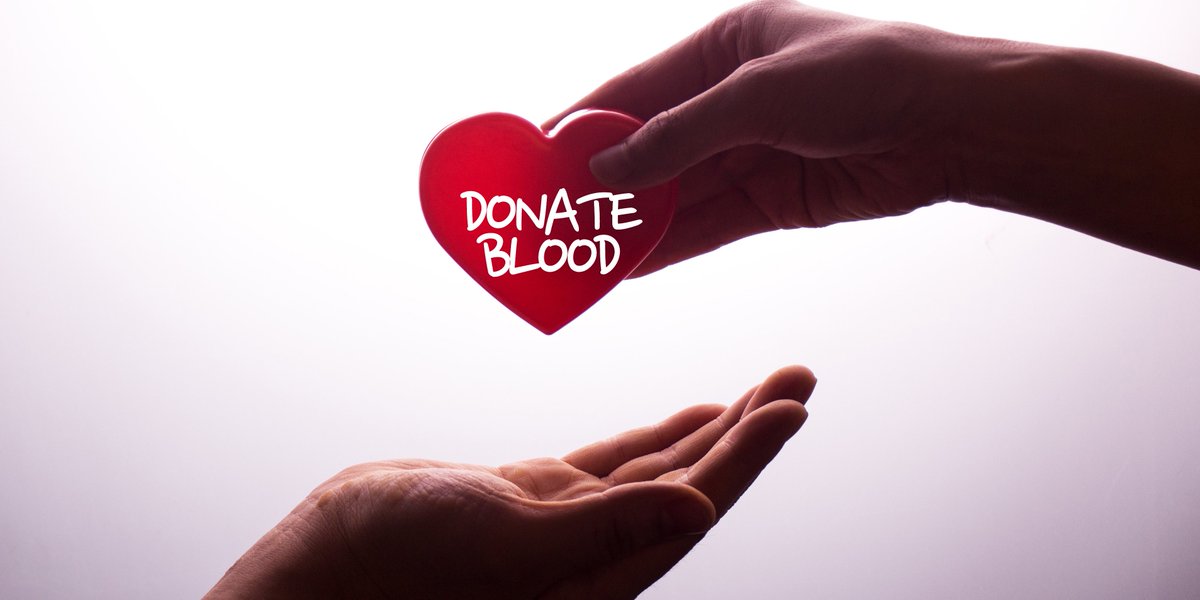
Every year on 14 June, countries around the world celebrate World Blood Donor Day (WBDD). World Blood Donor Day is one of eight official global public health campaigns marked by the World Health Organization (WHO). The Theme for Blood Donation Day in 2018 is, Be there for someone else. Give blood. Share life.
According to the World Health Organization, 800 women die every day from pregnancy and childbirth-related complications. Severe bleeding is the cause of 34% of maternal deaths in Africa, 31% in Asia and 21% in Latin America and the Caribbean.
Myths Surrounding Blood Donation
There are many women who look forward to donate blood, but are not aware about the eligibility criteria. The innumerable myths surrounding blood donation further serve to discourage voluntary donors from stepping up to give blood. Any Woman, unless pregnant, lactating, anaemic, or suffering from some medical issue that lowers haemoglobin count — can donate blood. 70 percent of blood in our body gets utilized for various bodily functions, rest 30 percent is initialized, if we take out 350 or 450 ml of blood, it will not hamper any bodily functions.
Women Fitness tries to uncover the innumerable myths to encourage women to donate blood & be there for someone else.
Myth #1: I suffer from diabetes, I cannot donate blood
If you are on oral medication for diabetes and are not insulin-dependent, you are a good candidate to donate blood. All you need to do is keep a few of these parameters in mind before you donate. You should not have donated blood for at least 56 days, and should be generally healthy. If you suffer from high blood pressure or any other heart disease, make sure to consult your doctor before you donate blood.
Myth #2: I may be prone to Infections
Well that is not true because if you opt to donate at a recognized centre a fresh needle is used for each blood donor. HIV is assumed to be transferred from needles from blood donation. There is no danger to the immune system when you donate blood. While the Red Blood Cells return to normal within a few days, the White Blood Cells take a few weeks, If the body finds itself in danger, WBC can be produced quickly by the body.
Myth #3: I’m on chronic medication and can’t donate blood
According to the American Red Cross Blood Service almost all chronic medications are safe for blood donation. There are some medications that do require a waiting period. These include certain blood thinners, acicretin (for severe psoriasis), some medication to treat basal cell carcinoma. You will however be advised whether there is a waiting period or if you are eligible. If you are unsure and want to donate blood, consult your doctor.
Myth #4: With tattoos and/or piercings, I can’t donate blood
What was the tattooing procedure, that will finally decide the path, was it done aseptically (in a sterile manner), if yes, you may donate blood one year after the procedure. The same rules apply for piercings, acupuncture, and other procedures involving needles.
Myth #5: One Day of Rest is needed after Blood Donation
You can resume your daily activities almost right after donating blood as long as you make sure you drink enough water and juices to replenish your body fluids. You should also avoid alcohol and direct sunlight for 24 hours. But, donating blood doesn’t give you enough of an excuse to bunk your daily chores!
This is your chance to become a superhero for thousands who need your help.